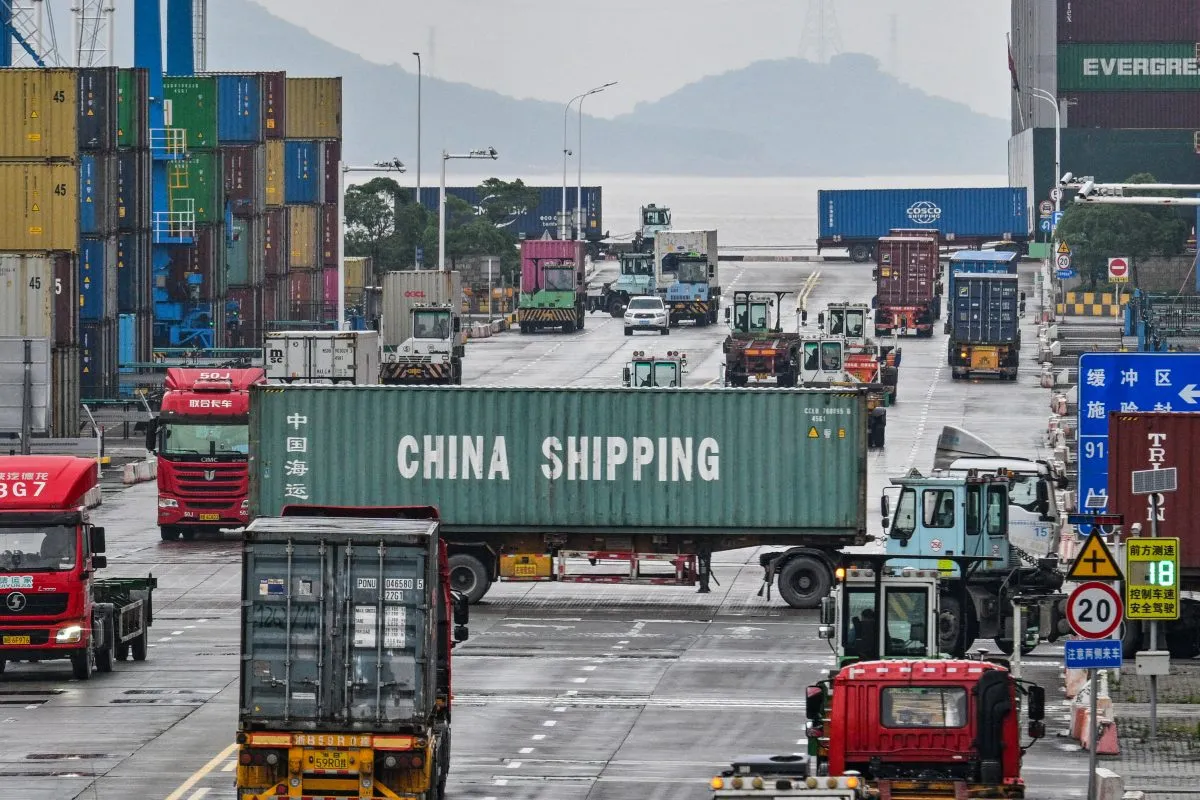China’s recent decision to extend zero-tariff treatment to all 53 African countries with diplomatic ties is more than a policy adjustment: it’s a long-overdue correction in one of Africa’s most significant trade relationships. Until now, China’s trade preferences were granted only to least developed countries (LDCs), leaving over 20 African nations on the sidelines. This move marks the end of that fragmentation and a shift toward a more coherent, inclusive and strategic economic partnership.
It’s a moment to celebrate – but also a moment to act.
A common but outdated approach
China, until now, followed a precedent set by the European Union, India and other economies: offering preferential trade only to LDCs. While this approach aligned with WTO norms like the EU’s “Everything But Arms” scheme for duty-free and quota-free imports, it failed to reflect Africa’s current realities. Africa is home to countries like Kenya, Nigeria, Ghana and Morocco – economically dynamic but not LDCs – left out of preferential access despite their pivotal roles in regional trade.
At Development Reimagined, we’ve highlighted this issue for years. In 2021, we analysed how the LDC-only approach contradicted the then-new African Continental Free Trade Area (AfCFTA). Our 2023 FOCAC Trade Brief called for structural reform, urging a more unified, continent-wide approach. In Beijing, we convened the African Union (AU) and Chinese stakeholders to examine trade frameworks like the US African Growth and Opportunity Act (AGOA), the Economic Partnership Agreements (EPAs) and those used by the BRICS bloc of countries – highlighting Africa’s need for stable, transformative trade terms, not scattered, inconsistent access.
Now, Beijing has responded. China’s new policy recognises that Africa is more than a collection of low-income countries – it is a continent with a shared economic vision. It aligns China’s trade framework more closely with Africa’s priorities.
Levelling the playing field for investment
This policy shift isn’t just about improving export terms. It also has the potential to make African countries more attractive destinations for Chinese manufacturers looking to “go global”.
Previously, manufacturers faced tariffs when exporting goods back to China from African countries not classified as LDCs. This discouraged investment in industrial capacity in much of Africa. With this barrier removed, the playing field has been levelled. Whether a factory is in Ethiopia or Senegal, it can now export to China under the same terms.
This opens new possibilities. Africa can position itself as a competitive base for Chinese supply chains – especially in sectors where low-cost, high-quality production is key. If African governments and the private sector act quickly, this could spur industrial job creation, regional value chains and stronger trade diversification.
Real barriers remain
But let’s not pretend the removal of tariffs solves everything. Tariffs are only one barrier – and often not the most significant. African businesses continue to face steep challenges in accessing the Chinese market.
Logistics remain costly and inefficient. Language barriers slow negotiations and marketing. Branding, packaging and regulatory compliance require specialised support. Cross-border e-commerce – essential for small and medium enterprises (SMEs) – is expensive and underdeveloped. Without targeted support, preferential access will remain underutilised.
That’s why Development Reimagined launched Africa Reimagined – a dedicated platform to help African brands succeed in China. From cosmetics to coffee, we support African businesses with training, product development, regulatory navigation and buyer connections. We’re working to ensure that trade access becomes trade success.
Trade preferences only matter if they support Africa’s broader development goals. That means aligning this new tariff regime with the AfCFTA and national industrialisation strategies. It also means creating better tools for implementation – harmonising standards, simplifying customs procedures and investing in digital and physical infrastructure.
Coherence is power. A unified African voice, backed by data and diplomacy, made this policy shift possible. Continued coherence will be essential to make it work.
This is also a signal to other partners. If China can reform its approach to treat African countries equitably, so too can the EU, the US and others. As we argued in our piece on the AU’s inclusion in the G20, rebalancing global trade relationships requires a coherent, African-led approach. It’s time for the rest of the world to match Africa’s unity and ambition with equally inclusive frameworks.
Benefiting the masses
This decision is a diplomatic win for African countries and a sign of China’s willingness to listen and evolve. But it’s not the finishing line – it’s a starting point. Now the focus must shift from announcement to implementation.
African governments should identify high-potential sectors and firms, provide export-readiness support, and strengthen trade facilitation. China, for its part, should offer capacity-building, transparent customs processes and platforms for African businesses to showcase their goods and services.
We must ensure that this policy does not benefit only the well-connected or the already-strong. SMEs – especially women- and youth-led businesses – must be at the heart of this transformation.
A future worth building
Trade is not just a technical issue – it’s about opportunity, equity and power. With this shift, Africa and China have a chance to create a new model of partnership – one that is inclusive, forward-looking and mutually beneficial.
But opportunity is not destiny. Without action, zero tariffs could have zero impact. The next chapter of Africa-China trade must be written with the same energy, clarity and vision that brought us to this point.
Now the gates are open, it’s time to walk through them together.
Want to continue reading? Subscribe today.
You've read all your free articles for this month! Subscribe now to enjoy full access to our content.
Digital Monthly
£8.00 / month
Receive full unlimited access to our articles, opinions, podcasts and more.
Digital Yearly
£70.00 / year
Our best value offer - save £26 and gain access to all of our digital content for an entire year!


 Sign in with Google
Sign in with Google 



